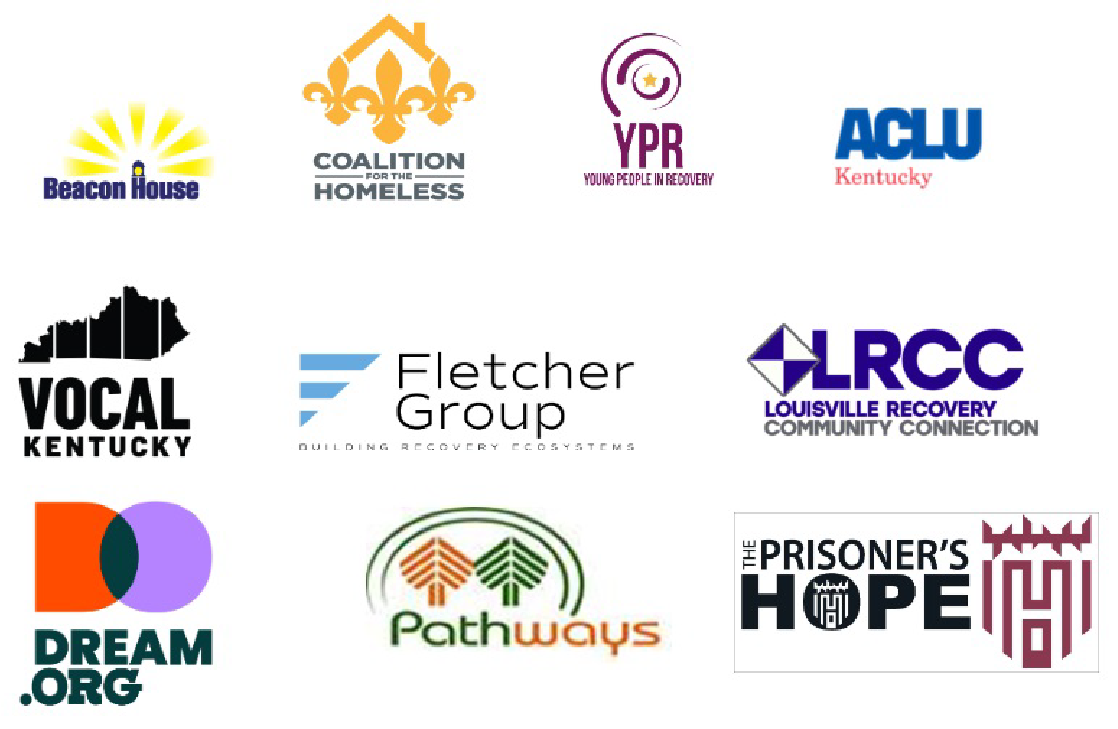KyAPAC Policy Priorities 2024
Kentucky Addiction Policy Advocacy Council (KyAPAC) is the legislative arm of People Advocating Recovery (PAR). Its mission is to organize stakeholders across the state to create and deliver a clear, passionate yet respectful, educational message for legislators that addresses evidence-based initiatives to support recovery and protect our communities.
The list of priorities were informed by the following organizations, individuals with lived experience and others who participated in community conversations to address the needs of the people they serve. This is not an exhaustive list, but a starting point to ensure that recovery is centered in policies across the commonwealth.
Kentucky Addiction Policy Advocacy Council (KyAPAC) Policy Priorities
A coalition of individuals in recovery and organizations who support those in recovery to further the integration of recovery supported spaces across the commonwealth.
Value-based Payment models:
Value-based payment (VBP) models pay healthcare providers based on the value rather than the volume of services. Use of these models has been concentrated in physical health services. VBP models have the potential to support the integrated and coordinated care that is necessary for the complex and continuing medical and recovery support needs of individuals with SUDs.
Recovery Residences:
HB 248 was passed in the 2023 legislative session. There were some areas that needed to be defined more clearly for some levels of housing. The Kentucky Recovery Housing Network Advisory Board has put together draft language amendments and is hosting a discussion with stakeholders to identify opportunities for stronger legislation.(https://apps.legislature.ky.gov/record/23rs/hb248.html)
Peer Support Certification & Supervision:
We know that many peer support providers face burnout, challenging paths to advancement, and lack of infrastructure and regulation. A report published by SAMHSA just announced these facts that was produced from a study done by Live & Learn in collaboration with SAMHSA. There should be opportunities for structuring the workforce and creating a stronger and clearly defined path for advancement. (https://www.peerspecialist.net/)
Clean slate & Expungement:
We have identified opportunities that will allow for people who currently qualify for expungement to be able to automatically have this facilitation on their behalf by the justice system. The idea is to remove barriers that have been identified from an archaic system. This will allow for already qualified persons to move forward in a way that will support the advancement of upward mobility for people in recovery.
Prevention in Primary Education:
We conducted a needs assessment to community members and the responses were overwhelming. Over half (53%) of respondents indicated that we needed to institute more programming in primary education around prevention for SUD. (source: People Advocating Recovery Legislative Priorities Survey 2023)


